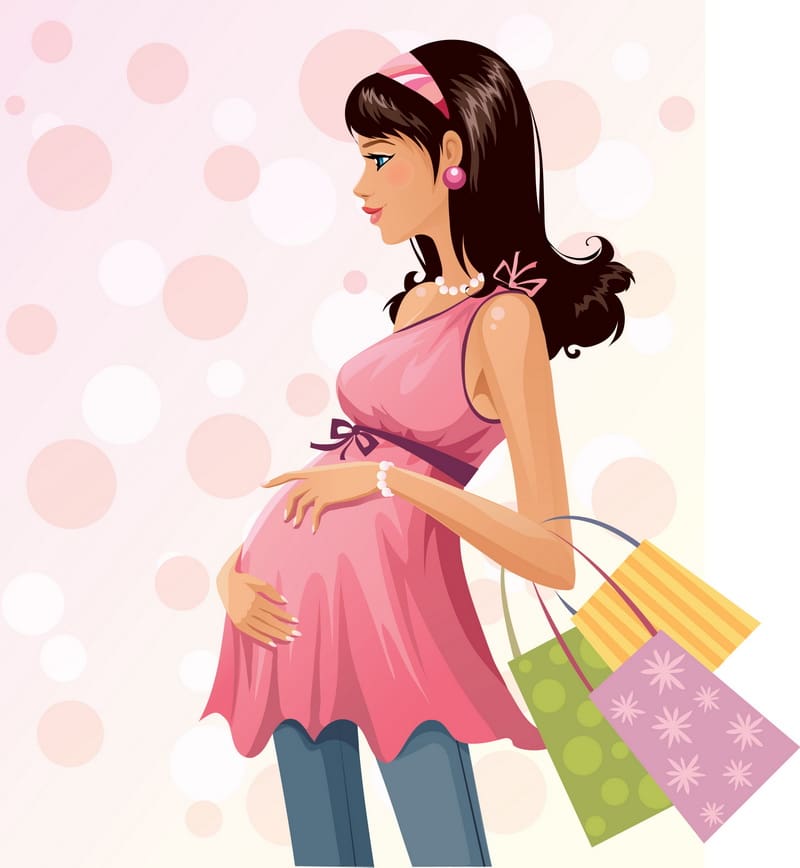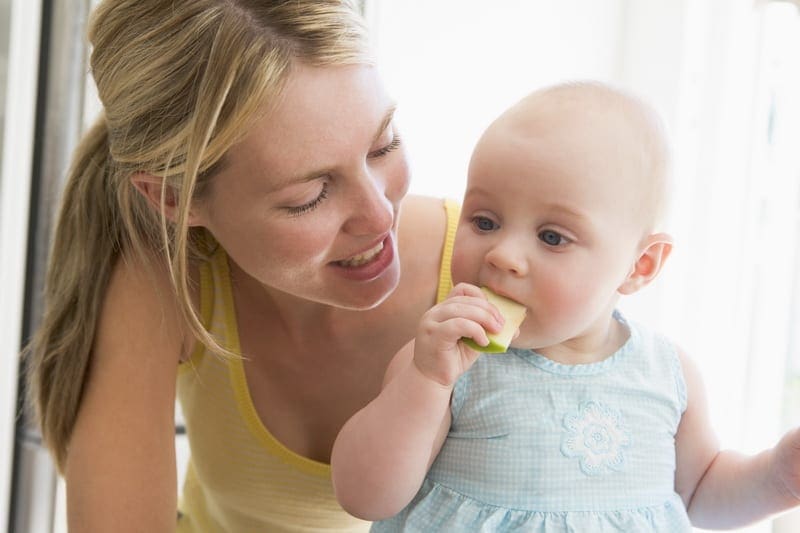Many women experience cramps during early pregnancy as their bodies are changing and preparing for their baby’s growth. While cramps can be a normal part of pregnancy, be sure to speak with your doctor if you experience severe or prolonged pain as it could be a sign of something more serious.
Most women will experience mild cramps during the first few weeks of pregnancy. In fact, a lot of women think that they are getting ready to start their periods because they feel cramping. This article will explain why you might experience cramping in early pregnancy and when you should call your doctor.
The uterus is made up of mostly muscle and other supportive tissues that enable it to expand when you’re pregnant and to contract when it’s time for you to give birth. These actions are controlled by hormones in your body.
Some women experience light cramping when the fertilized egg implants into the uterine wall. This usually occurs six to eight days after fertilization. You may also experience light bleeding or “spotting” around the same time as the egg implants.
Hormones are one possible explanation for cramping during early pregnancy as they can cause the uterus to expand in preparation for the baby. These cramps may feel a lot like period cramps and while they can be uncomfortable, they are perfectly normal as long as they’re not severe and are accompanied by heavy bleeding. Cramps are most likely to occur after sexual activity or when your bladder is full.
The round ligaments support your uterus as it grows and expands. This may cause a feeling of cramping or a dull ache in your lower abdomen, but it should go away with rest. However, if the cramping becomes severe and is accompanied by heavy bleeding, fever, or any other unusual symptoms, contact your doctor right away.There are ways to treat cramps during early pregnancy. A good way to relieve cramping is by applying heat. You can also try lying down on your left side or taking a warm bath. If you’re still experiencing pain, talk to your doctor about other possible treatments. A heating pad on the lower abdomen can work wonders for cramps but be careful not to get it too hot. You may take acetaminophen for pain relief if needed. Sometimes this will help take the edge off of the cramps. But ibuprofen or other NSAIDs should not be taken during pregnancy. Never take any drugs unless it is allowed by your doctor.
To take care of yourself during pregnancy, make sure you’re getting enough rest and eating nutritious meals. The changing hormones in your body can sometimes cause constipation, which can be uncomfortable and even lead to abdominal pain. If you think you might be constipated, try to increase your fiber and water intake.
Finally, another way to help relieve cramps in pregnancy is to take a break from sex. Although sex is perfectly safe for you and your baby, it may increase the cramping and cause some spotting. The combination of cramping and spotting can make you think that you are having a miscarriage, when really you’re not. So if you’re experiencing cramps, it’s best to take a break from sex and just relax until the cramps subside.
Early pregnancy cramps are common and usually nothing to worry about. They should be mild and never unbearable. However, if you experience severe cramps that are worse on one side or are accompanied by any other unusual symptoms, let your doctor know right away.











